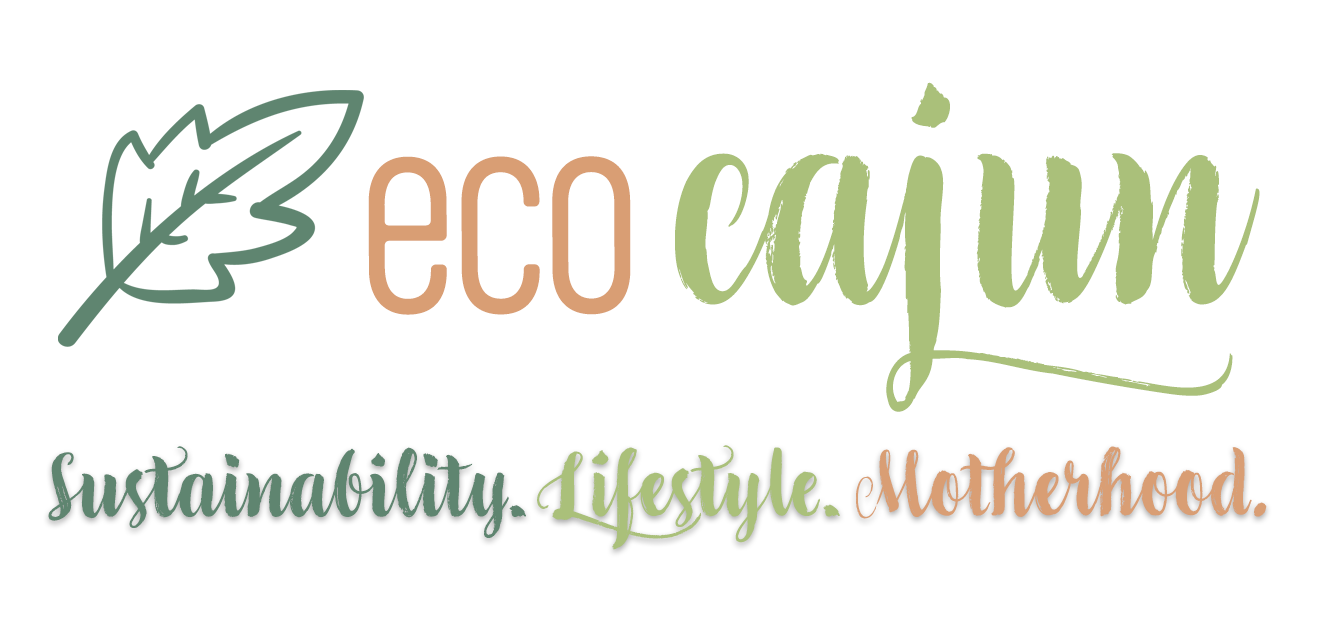Almost three years ago, I gave up eating meat (for the most part - I still have moments of weakness though!), and decided to stick to a pescetarian diet. It still includes seafood, because I can't give up boiled crawfish or sushi, and because most seafood around here is locally produced. I still try to keep my diet mostly vegetarian though.
When I first made the switch, I both read Fast Food Nation and watched Food, Inc. They both helped me to learn just why it was a good idea to cut out meat, and have helped me continue the diet over the years, especially when I felt myself feeling less committed. And one of the reasons I wanted to change was from the way the meat industry was negatively impacting the environment. This NPR blog post, A Nation of Meat Eaters, details what resources are needed to produce meat. Scientific American also has an article on how meat production affects the environment:
According to the Environmental Working Group (EWG), the production, processing and distribution of meat requires huge outlays of pesticides, fertilizer, fuel, feed and water while releasing greenhouse gases, manure and a range of toxic chemicals into our air and water. A lifecycle analysis conducted by EWG that took into account the production and distribution of 20 common agricultural products found that red meat such as beef and lamb is responsible for 10 to 40 times as many greenhouse gas emissions as common vegetables and grains.But I'm not here to tell you to go vegetarian or pescetarian. That decision goes way beyond the environment. But, giving up meat even one day a week can help cut down on the impact to the environment. Meatless Monday was created as an opportunity to eat less meat, and the challenge is simple: Don't eat meat on Mondays.
But if the environment is what drives you to watch what you eat, there are other things to focus on. One of the best things to do is focus on locally produced food. The benefits are plentiful: If the food is produced near you, then it doesn't require as much refrigeration and transport as farther-imported food, which saves on fuel emissions. And chances are, the food will be more organic–grown/produced without the use of pesticides. You'll also eat what's native to your area. And eating locally benefits your economy. Eating local meat and seafood is great as well–it goes back to before food production became so mass-production oriented, and focuses on the quality.
One of the best ways to eat locally is to visit your nearest farmer's market! So much great produce, and for much cheaper than the grocery store. Some larger farmer's markets even have meat and seafood for sale.
You can also look for any farm-to-table restaurants in your area. They have a concept of using locally produced ingredients in their dishes. In Lafayette, I know of two farm-to table restaurants, Jolie's Louisiana Bistro and Saint Street Inn. While I haven't made it to either of them yet, I look forward to trying both, talking to the owners and reporting about the experience and the food for eco cajun.
And as silly as it sounds, even the idea of cooking food yourself is more eco-friendly than either constantly going through drive-thrus or dining out. If you cook your own food, then you make one trip to the grocery store to get enough ingredients to make meals for a few days at a time. When you visit a restaurant, your fuel consumption goes up, and the return is lower. And when you visit drive-thrus, your car can be idling in line for awhile, spitting emissions into the air the entire time.
So when you think about eating healthier, think about eating food that has a smaller impact on the environment.
Is anyone else hungry now!?





2 comments
This article is making me hungry. Great post!!!
Thanks! And let's eat! :)